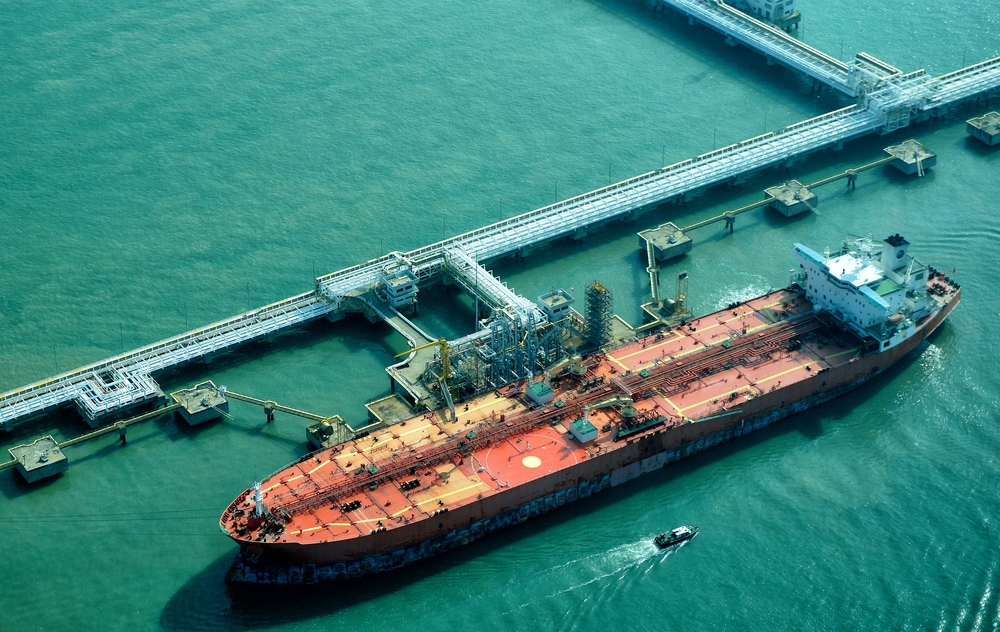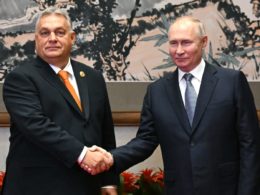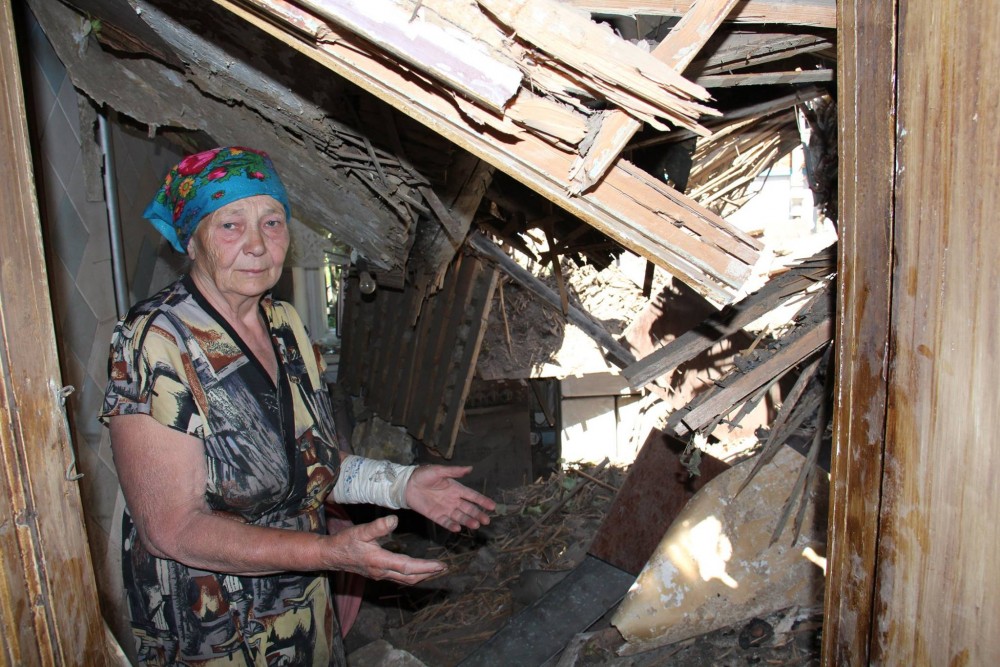The EU has agreed on the eighth sanctions package against Russia, RFE/RL editor on Europe Rickard Jozwiak reported in his Twitter. EU Commission President Ursula von der Leyen greeted the adoption of the package, adopted in response to Russia’s annexation of occupied Ukrainian regions.
EU ambassadors have now approved all details of the #Russia sanctions package and a so-called written procedure launched that will finish at 10 tomorrow. so publication in the EU official journal some time tomorrow. #Ukraine
— Rikard Jozwiak (@RikardJozwiak) October 5, 2022
I welcome the Member States’ agreement today on the 8th sanctions package.
— Ursula von der Leyen (@vonderleyen) October 5, 2022
We have moved quickly and decisively.
We will never accept Putin’s sham referenda nor any kind of annexation in Ukraine.
We are determined to continue making the Kremlin pay.
It main element is an oil price cap, which would add a ban on shipping Russian oil but will include an exemption for oil priced at or under a level set by G7 states.
https://twitter.com/EU2022_CZ/status/1577578849705107456?t=H_E4ZOP_yZ1-FyISO2yG8w&s=19
Earlier this week while unveiling the proposal, von der Leyen said that “this oil cap will help reduce Russia’s revenues and keep global energy markets stable.”
Once implemented, it will affect international trade beyond the EU and the G7 borders.
As Euronews explains, the price cap on oil was agreed in principle by the G7 in early September. The current sactions package creates a legal basis for its establishment.
The G7 wants to forbid their insurance and shipping companies from providing services to Russian tankers that sell oil at a price that exceeds the agreed-upon cap. This insurance is crucial to commercial oil tankers and as as EU and UK-based insurers enjoy a dominant position in this services market, Russian vessels have trouble finding coverage elsewhere.
Greece, Cyprus, and Malta had concerns about the cap, as their shipping industries play a key role in transporting Russian oil around the world. They fear their business opportunities will be captured by countries like Liberia, Panama, or the Marshall Islands.
These countries, as well as Hungary, lifted their reservations on the package after securing amendments and exemptions, diplomats familiar with the talks told German news agency dpa, DW reported.
The price range of the cap and other practical details are still to be defined as the proposal will go back to the G7 table. It’s sill unclear how many countries outside the G7 are willing to participate in the novel scheme.
The package also aims to hit the Russian steel industry and deprive the Russian Army of key technologies.
Brussels is also introducing a new category of sanctions for individuals who help circumvent the restrictions imposed on Russia.
In addition, the EU will expand the sanctions lists and introduce personal sanctions against representatives of the Russian Ministry of Defense and Kremlin-appointed quisling officials of four annexed Ukrainian regions.
The package also prohibits EU citizens from serving on the boards of Russian state-owned enterprises.
Ukraine calls for full oil embargo and disconnect from SWIFT
It is safe to say that the package falls beneath Kyiv’s expectations.
While discussions about the package were ongoing, Ukraine’s President’s Office stressed that Ukraine wants to see more Russian banks banned from the SWIFT system, in particular Gazprombank, a ban on entry of European ships to Russian ports, and a visa ban on most categories of Russian citizens to the EU.
Ukrainian Prime Minister Denys Shmyhal had said that these issues were raised in discussions with the EU in September, and that Ukraine conxistently calls its European partners to implement a Russian energy embargo.
“The coal embargo is already working. This delivers a $8 bn annual blow to Russia. Oil and gas revenues of the Russian budget in August were at the lowest level since the beginning of the war, but this is not enough. It is necessary that the oil embargo imposed by the European Union works properly, as well as that a decision on a phased gas embargo is made.”
The gas embargo could start from putting a “significant limit” on the price of Russian gas, Shmyhal said.
“This will significantly limit the Kremlin’s ability to fund the war in Ukraine. Europe has realized that Russia is waging an energy war against it, and now this realization should be converted into a complete rejection of Russian energy resources,” he added.
Meanwhile, Ukrainian Foreign Minister Dmytro Kuleba had said last week that the proposed sanctions are insufficient to stop Putin, writing that they “do not correspond to the scale of Putin’s escalation and the threat he poses to Europe and the whole world.”
The suggested elements of the upcoming EU sanctions package on Russia do not correspond to the scale of Putin’s escalation and the threat he poses to Europe and the whole world. We encourage the EU to hit Putin harder in order to stop him. This is a crucial moment.
— Dmytro Kuleba (@DmytroKuleba) September 29, 2022
Lithuanian Foreign Minister Gabrielius Landsbergis was also reserved towards the latest EU sanctions package. He criticized the number of exemptions it included.
“The time for strong packages is over, and when reading the documents presented, one sometimes has the impression that there are more exceptions than sanctions,” he told Lithuanian radio on Wednesday, DW reported.
“Nevertheless, it is better than nothing, than no package at all,” he said, adding: “We are making progress, albeit rather weakly.”
Ukrainian officials had advocated for a total embargo on Russian oil, as fossil fuels are Russia’s main source of revenue and make up 45% of the country’s federal budget.
According to energy expert Mykhailo Honchar, only a a total ban on tankers transporting Russian oil, coupled with increased non-Russian energy extraction, can make
How to make sanctions really painful for Russia, immediately
China and India are currently the largest importers of Russian oil, and following Russia’s invasion of Ukraine have stocked up on Russian crude sold at greatly discounted prices.
India, China signal to Putin they have issues with Ukraine invasion








